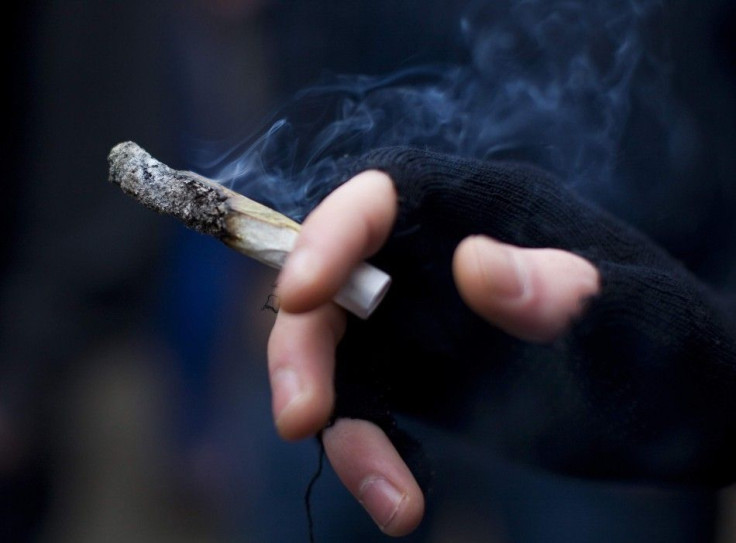Casual Marijuana Smoking at Young Age May Cause Irreparable Brain Damage – Even at One Joint Per Week

What was once perceived as casual marijuana smoking may not be so casual at all with the effects of the drug to one's brain.
Smoking even a single joint may already lead to irreparable brain damage, according to a study published in the Journal of Neuroscience. It was revealed the potential damage of marijuana intake does not depend on how frequent one takes the cannabis drug.
According to the U.S. scientists, even infrequent use of cannabis can massively and permanently damage the area of the brain responsible for motivation and emotion.
"People think a little recreational use shouldn't cause a problem, if someone is doing OK with work or school," Hans Breiter, co-senior study author, said in a statement. "Our data directly says this is not the case."
The study sampled 40 people, aged between 18 and 25. Split evenly, a group smoked marijuana at least once a week. The other not at all. Those who smoked the illicit drug were ordered to track their cannabis use for 90 days.
Later, after undertaking high-resolution MRIs, both users and non-users' results were compared.
Researchers examined the nucleus accumbens and the amygdala regions in the brain involved in emotional processing, motivation and reward.
The scientists found the nucleus accumbens was unusually large among cannabis users. Their amygdala also had noticeable abnormalities.
"There's a general idea out there that casual use of marijuana does not lead to bad effects, so we started out to investigate that very directly," Breiter said.
"This research with the other studies we have done have led me to be extremely concerned about the effects of marijuana in adolescents and young adults and to consider that we may need to be very careful about legalization policies and possibly consider how to prevent anyone under age 25 to 30 from using marijuana at all."
More specifically, "I've developed a severe worry about whether we should be allowing anybody under age 30 to use pot unless they have a terminal illness and need it for pain."





















